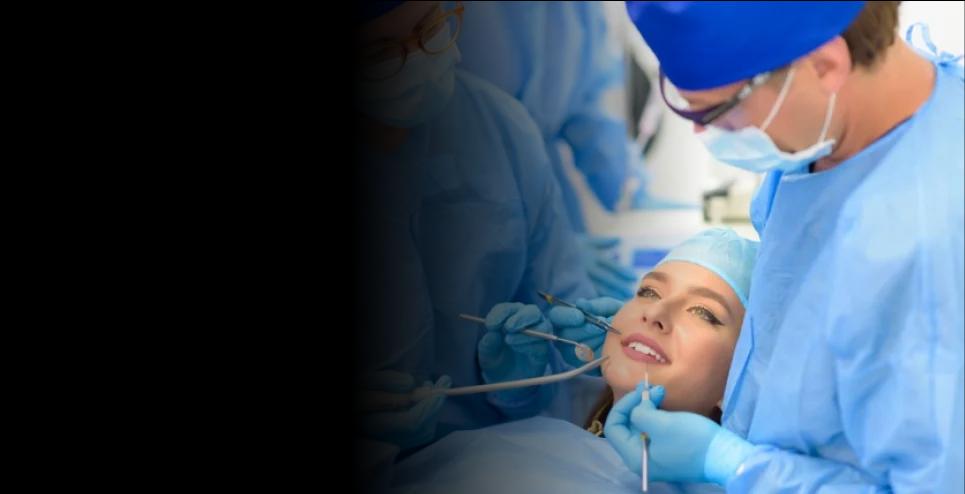Radical Nephrectomy
at Sterling Hospitals - Rajkot

at Sterling Hospitals - Rajkot

How can we help you?
Radical Nephrectomy
Radical Nephrectomy is a surgical procedure performed to remove the entire kidney, along with surrounding tissues, in the treatment of kidney cancer. It is considered a primary treatment option for localized or advanced kidney cancer and aims to remove cancerous cells, prevent the spread of the disease, and improve long-term outcomes for patients.
When and why do people go for Radical Nephrectomy?
People undergo radical nephrectomy when they are diagnosed with kidney cancer, particularly in cases where the cancer is localized to the kidney and has not spread extensively to other parts of the body. Surgery is often recommended as the initial treatment for early-stage kidney cancer or as part of a multimodal treatment approach for more advanced stages. The goal of radical nephrectomy is to remove the entire affected kidney, along with any cancerous cells, thereby reducing the risk of cancer spreading and improving survival rates for patients.
What makes Radical Nephrectomy different from other treatment options?
Radical nephrectomy differs from other treatment options for kidney cancer, such as partial nephrectomy (removal of only the cancerous portion of the kidney), radiation therapy, and targeted therapy, in that it directly targets and removes the entire affected kidney. While other treatments may be used to preserve kidney function or target specific areas of cancerous tissue, surgery remains a primary treatment modality for potentially curative intent. Radical nephrectomy may be performed using different techniques, including open surgery, laparoscopic surgery, or robotic-assisted laparoscopic surgery, depending on the extent of the cancer and the surgeon's preference.
How does life change after Radical Nephrectomy?
Life after radical nephrectomy can vary depending on the extent of surgery, the stage of the cancer, and the individual's overall health and well-being. While some patients may experience temporary side effects such as fatigue, pain, or changes in urinary function following surgery, many find relief from the removal of cancerous tissue and a reduced risk of cancer recurrence. With proper rehabilitation, support, and follow-up care, many patients are able to manage the side effects and lead fulfilling lives after radical nephrectomy. Regular follow-up appointments, monitoring, and ongoing care are essential for managing potential complications, monitoring for recurrence, and supporting long-term recovery after radical nephrectomy.